一、单项选择(共 15 小题,共 15 分)
1. The headmaster hurried to the concert hall only _________ the speaker _________.
A. to find; left
B. to find; gone
C. finding; left
D. finding; gone
2. —I failed again. I wish I _________ harder.
—But you _________.
A. had worked; hadn’t
B. worked; don’t
C. had worked; didn’t
D. worked; didn’t
3. _________ is known to all, good friends _________ happiness and value to life.
A. It; add
B. As; add
C. It; add up
D. As; add to
4. It was the very place _________ the soldiers fought over sixty years ago.
A. that
B. which
C. where
D. there
5. It’s what he did _________ what he said that moved us.
A. except for
B. but so
C. instead
D. rather than
6. ——You must be excited about going to Japan for schooling.
——_________, but I’m afraid I can’t do well because my Japanese is poor.
A. Never mind
B. Well, I ought to
C. I don’t know yet
D. Certainly not
7. Don’t be joking. It’s time to ______ your business.
A. set out
B. take up
C. go on
D. get down
8. ——Everyone says you are a good student. You are never late for school, are you?
——_______.
A. No, sometimes
B. Yes, sometimes
C. Yes, I did
D. No, I do
9._______all the inventions have in common ________they have succeeded.
A. What; what
B. That; what
C. What; that
D. That; that
10. Last term our maths teacher set so difficult an examination problem ________ none of us
worked out.
A. that
B. as
C. so that
D. which
11. It was five o’clock in the afternoon ______ they climbed up to the top of the mountain.
A. since
B. when
C. that
D. until
12. ——What did you think of ______ president?
——I didn’t care for him at first, but after ______ time I get to like him.
A. the; a
B. /; the
C. the; the
D. /; a
13. How pleased the detective was ______ what his customer told him!
A. hearing
B. heard
C. to hearing
D. to hear
14. ——Has Tommy finished his homework yet?
——I have no idea; he ______ it this morning.
A. was doing
B. had been doing
C. has done
D. did
15. Just as Martin Luther King, Jr. said, peace is not merely a distant goal that we seek, but a
means ________ we arrive at that goal.
A. in which
B. with which
C. by which
D. to which
二、完形填空(共 20 小题,共 30 分)
The National Football League (NFL) is a professional American football league with 32 teams in. __16__ does one choose which team to support? Some people choose the team of their hometown, or where they now live, or the team that their parents or their friends __17__.
A boy student from Oklahoma wrote a letter to each of the owners or __18__ of the 32 NFL teams. He would see what __19__ he got, and then choose his team.
Bill was home from school sick. It was the week before Christmas. He was “kind of __20__” and needed something to do. So he asked his __21__ if he could write to every professional __22__ team. Bill wrote the 32 letters by hand.
“We weren’t quite sure what we could __23__. He didn’t really have one team that he wanted to __24__,” his mother said: “He just wanted to see what kind of reply he’d __25__.”
A letter to the Carolina Panthers’ owner Jerry Richardson was one of those posted. Bill wrote in his letter, “My family and I love football. They are __26__ of different teams, __27__ I don’t have a team to cheer for yet. I am ready to pick an NFL team to cheer on for lifetime!”
A few weeks __28__, Bill’s mother was pulling into her driveway when a delivery man arrived __29__ a box from the Panthers. When Bill came home, he __30__ opened the box. Inside he found a signed Carolina Panthers helmet (头盔) as __31__ as a handwritten note from Jerry.
The team owner had __32__ to Bill, “We should be honored (光荣的) if our Carolina Panthers became __33__ team. We would make you proud of your joining us.”
Bill was overjoyed with what he got. He __34__ that from then on he would support the Panthers. He keeps the letter from Jerry in his bedroom. His mother says, “It’s not the helmet they sent us. It’s what they told us. That is what __35__ to Bill and why he chose to become a Panthers’ fan.”
16. A. What B. How C. When D. Where
17. A. follow B. control C. represent D. insist
18. A. assistants B. residents C. friends D. presidents
19. A. answers B. gifts C. rewards D. questions
20. A. embarrassed B. happy C. frightened D. bored
21. A. parents B. schoolmate C. friend D. teacher
22. A. football B. basketball C. baseball D. softball
23. A. get away B. get through C. get up D. get back
24. A. listen to B. talk about C. hear from D. hear of
25. A. need B. reply C. support D. get
26. A. fans B. members C. sponsors D. player
27. A. and B. so C. because D. but
28. A. before B. ago C. later D. lately
29. A. with B. in C. at D. on
30. A. excitedly B. sadly C. eventually D. probably
31. A. long B. good C. better D. well
32. A. refused B. met C. written D. changed
33. A. their B. your C. my D. his
34. A. decided B. agreed C. thought D. pretend
35. A. recognized B. confirmed C. mattered D. appreciated
三、阅读理解(共 20 小题,共 40 分)
A
Laurie Horam never thought of himself as musical. At home, his dad never listened to music, while one of his boarding school teachers labelled him tone deaf. But last month he started to play the harmonica(口琴)on the streets of Bradford. People clapped, danced and threw coins into his case for the local food bank. Horam caught himself thinking: “How, at the age of 79, do I come to be playing music to people on the streets?
The question preoccupied him, because, some years ago at a family gathering, Gavin, his eldest son, said: “You know what, Dad? It can't be coincidental. We must have got our musical abilities from you.” Horam has three sons and they cover a range of instruments. He was surprised. “There can’t be music in me, because I can’t play!” he said.
Eight years ago, Horam, a retired civil servant, was on his way back from a trip with his family. Gavin stopped at a music shop. He walked out and said: “Here you are. I bought this for you, Dad. It’s a harmonica. I'll try to show you how to play a bit.”
They went to a session at their local pub. Gavin played the guitar and Horam sat in the comer with his harmonica, trying to make a sound that no one would hear. After six months, he was invited into the group. He discovered a talent for improvisation(即兴表演), responding to a note within a millisecond without batting an eyelid. “I don’t play by ear. I play by heart. Actually, Horam says: "My harmonica plays me—how I feel, what I am,what I’ve been.”
Music has enriched life with friendship and made Horam feel “part of something much bigger” than himself. “At a time when the circle of life might be shrinking, mine is expanding,” he says. “Maybe we never know completely who we are or what we can do.”
36. Why did Horam play the harmonica on the streets of Bradford?
A. To recall the good old days
B. To beg food from passers-by
C. To live his childhood dream
D. To collect money for charity
37. What is Gavin’s attitude to his father’s musical ability?
A. Positive
B. Disapproving
C. Doubtful
D. Unclear
38. What does playing the harmonica allow Horam to do?
A.Enjoy the quiet
B. Listen to his heart
C. Express himself
D. Sharpen his hearing
39. What does music bring to Horam?
A. A lost soul
B. A comfortable life
C. A broader circle of life
D. A new perception of family
B
The expression “a thirst for knowledge” may soon have a new meaning for millions of people who have no way to get clean water. Researchers have developed a book with specially treated pages that can turn dirty water into clean and drinkable water. They say their invention could improve the lives of many in the developing world.
About 700 million people around the world are at risk of disease or even death because their drinking water is not clean. The water is polluted by harmful bacteria. The book contains 25 pages. Each page is about one millimeter thick. The pages contain very small particles (微粒) of silver. The pages can be used as filters (过滤器) to remove harmful microorganisms (微生物) that can pollute drinking water. The filter kills the organisms that pass through it.
Pictures on the pages show the dangers of dirty water and how to use the book for those unable to read. The pages are made of filter paper. They are designed to be torn from the book. Water can be poured through the paper to be cleaned.
Ms. Dankovich, the inventor, says each page can treat up to 100 liters of water. She recently presented her invention at the meeting of the American Chemical Society in Boston, Massachusetts. She was asked whether she had considered adding classic literature on the book’s pages.
“The idea of classic texts-that’s of interest maybe later. We have discussed a little bit more exciting text. But we really haven’t had the time to go through that part,” she says. Teri Dankovich and another researcher tested the drinkable book in Bangladesh, Ghana and South Africa. The tests proved to be successful.
Water for Life, a non-governmental organization, has provided financial support for the project.
40. What do we learn about the book from the text?
A. It sells well around the world.
B. It has pages with several functions.
C. It is about environment protection.
D. It can treat about 100 liters of water.
41. What does the underlined phrase “that part” in Paragraph 5 refer to?
A. Classic texts.
B. Invention presentation.
C. Exciting discussion.
D. Financial support.
42. In which country did not the researchers test the drinkable book?
A. Bangladesh.
B. Ghana.
C. South Africa.
D. America.
43. What is the main idea of the passage?
A. Researchers have found a way to save those being ill.
B. Millions of people are in great need of drinkable water.
C. Book pages could provide safe drinking water.
D. Knowledge is as important as drinkable water.
C
It’s a familiar feeling. Your friend has made the team for Saturday’s big game, and you take a certain pleasure in telling him you can’t be there to watch his play. You smile, but that voice in you asks, why him and not you?
Envy is a fault that we like to keep secret. It raises its ugly head when we focus on what we want but don’t possess now, or we may even wish for and take pleasure in someone losing it. Feelings of unfairness are part of being human, but when you focus on them, you can never get out of your dark emotions. And that makes you feel bad.
So is there a solution? Is there anything you can do to stop the most ungenerous emotions? Well, why not turn envy on its head, and make it the encouragement you need for self-improvement? The best weapon against envy is not to compete where you can’t shine, but to do your absolute best where you can.
Start by making peace with yourself, and accept the gifts which make you unique. Make an agreement with yourself to be the best you can be. Then find out exactly the circumstances and qualities in others that start your envy. Is it someone’s singing voice, their work promotion or their new car? Envy shows us the things we’d like to have, so make up a plan to earn what’s important to you. Sign up for a night class. Start a training program. Give up a treat or two, and start saving for what you want.
And aim for real pleasure in the achievements and good fortune of others. Cheer on your friend when he scores that goal. Enjoy your best friend’s wedding day. Then go out and do something special, and make yourself wonderfully proud of you.
44. What is the first paragraph intended to do?
A. To give examples.
B. To tell the main idea.
C. To introduce the topic.
D. To ask questions.
45. What is the best way to help stop envy?
A. Developing your own strengths to the full.
B. Competing for what you are not good at.
C. Forgetting about the things you can’t get.
D. Trying to get anything that makes you envy.
46. What actually happens when envy appears according to the passage?
A. We ignore its existence.
B. We have feelings of unfairness.
C. We share it with friends.
D. We lose something of our own.
47. What is the author’s attitude towards people with envy?
A. Subjective.
B. Objective.
C. Unconcerned.
D. Worried.
D
My parents will both be 60 next year. They won’t be able to retire for about 10 years. My mom works for the school system and my dad is an engineer, so they both have decent jobs. The most interesting thing is that my mom is very thrifty—she rarely buys new clothes etc., while my dad is a spend-alcoholic (有……癖好的人). When I was 18, my dad was fired from a job and the only income coming in was unemployment insurance. They had NO savings. I worked part-time at a fast foodrestaurant and paid some of their bills.
A few years ago, my parents sold our original house and they made about 30, 000 profit and used this to pay off what they owed to our relatives for the truck my dad had bought and otherthings. So, when they bought the new house, they didn’t put much money down on it.Their monthly payments on the new house are very high, more than what I make in a month.
Actually, it’s closer to double what I make in a month.
I am so worried that if my dad gets laid off from this job, then I am going to have to support them or help them out. I should point out that my parents have great credit, and they always pay their bills on time but they put all the extra things they want on credit cards. My dad is getting older and it’s difficult to find a new job at his age. My mom keeps a cool head and she knows that they are not headed down a good path but my dad doesn’t care. I know this shouldn’t be my problem but I’m just worried how I will take care of them if anything happens.
48. The underlined word “thrifty” in Para. 1 can be replaced by “_____”.
A. generous
B. wise
C. careful
D. strange
49. What did the author’s parents do with the money from the sale of their original house?
A. They bought a truck.
B. They bought a new house.
C. They paid their bills.
D. They paid off their debts.
50. The underlined word “it” in Para. 2 refers to _____.
A. the new house
B. our original house
C. the 30, 000 profit
D. the truck
51. Which is NOT true about the father according to the passage?
A. He is not good at saving money.
B. He was unemployed twice til now.
C. He does not care much about money.
D. He usually pays his bills on time.
E
Let children learn to judge their own work. A child learning to talk does not learn by beingcorrected all the time; if corrected too much, he will stop talking. He notices a thousand times a day the difference between the language he uses and the language those around him use. Bit by bit, he makes the necessary changes to make his language like other people’s. In the same way, children learn to do all the other things: they learn to do without being taught to walk, run, climb, whistle, ride a bicycle. They compare their own performances with those of more skilled people, and slowly make the needed changes. But in school we never give a child a chance to find out his mistakes and correct them for himself. We do it all for him. We act as if we thought that he would never notice a mistake. If it is a matter in mathematics or science, give him the answer book. Let him correct his own papers. Why should we teachers waste time in such routine (日常的) work? Our job should be to help the child when he tells us that he can’t find the way to get the right answer. Let the children learn what all educated persons must some day learn, how to measure their own understanding, how to know what he does not know
52. According to the passage, the best way for children to learn things is by _____.
A. listening to skilled people’s advice.
B. asking older people many questions
C. making mistakes and having them corrected
D. doing what other people do
53. Which of the following does the writer think teachers should NOT do?
A. Give children correct answers.
B. Allow children to mark mistakes.
C. Point out children’s mistakes to them.
D. Let children mark their own work.
54. According to the writer, teachers in school should _____.
A. allow children to learn from each other
B. point out children’s mistakes whenever found
C. correct children’s mistakes as soon as possible
D. give children more book knowledge
55. The passage suggests that learning to speak and learning to ride a bicycle are _____.
A. different from learning other skills
B. the same as learning skills
C. more important than other skills
D. not really important skills
四、语法填空(共 10 小题,共 15 分)
Tibet was a region I was desperate to see, __56__ its remoteness and my inability to go delayed my journey. Last summer, my brother and I finally decided to take the trip.
We set off at the Guangzhou train station and three days later, we arrived in Lhasa. The trip certainly took a while; however, we __57__ (reward) with the most beautiful views and made friends along the way, all at a __58__ (low) cost than flying.
We started our tour of Lhasa watching pilgrims (朝圣者) doing their morning prayers, _59__ (comprehensive) exploring the palace. We had an incredible lunch at one of the best restaurants in Lhasa, __60__offered a beautiful view overlooking the Jokhang Temple. Then we started our journey to the Qomolangma base camp __61__ road from Lhasa. Along the way we stopped __62__ (admire) the Yamdrok Lake. Its beauty was beyond __63__ (describe).
About a week later, we arrived. We stayed in a guesthouse just next to the base camp and after dropping off our luggage, __64__ (head) straight outside to see the Mt. Qomolangma. The tip of the mountain emerged through the clouds, __65__ (astonish) us with its unbelievable height. The clouds parted and we watched the sunset over the peak
参考答案
1-5 BCBDB
6-10 BABCB
11-15 BADAC
16-20 BADAD
21-25 AADCD
26-30 ADCAA
31-35 DCBAC
36-40 DACCB
41-45 ADCCA
46-50 BBCDA
51-55 BDCAB
56. but/yet
57. were rewarded 58. lower
59. comprehensively
60. which
61. by
62. to admire
63. description
64. headed
65. astonishing
 地区
地区 考试科目
考试科目 微信
微信

 微博
微博 抖音
抖音 023-67417095
023-67417095




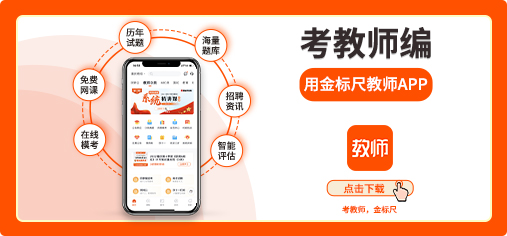

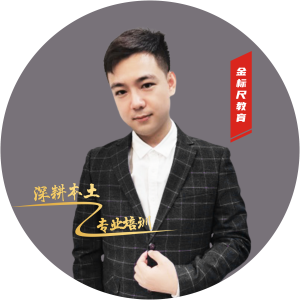

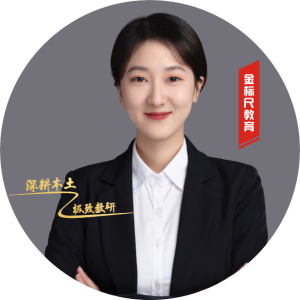


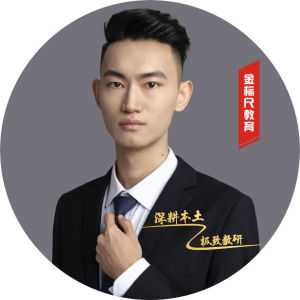
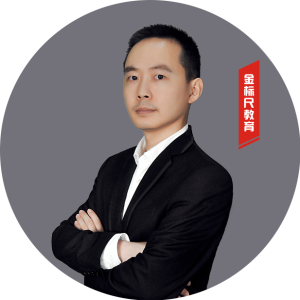

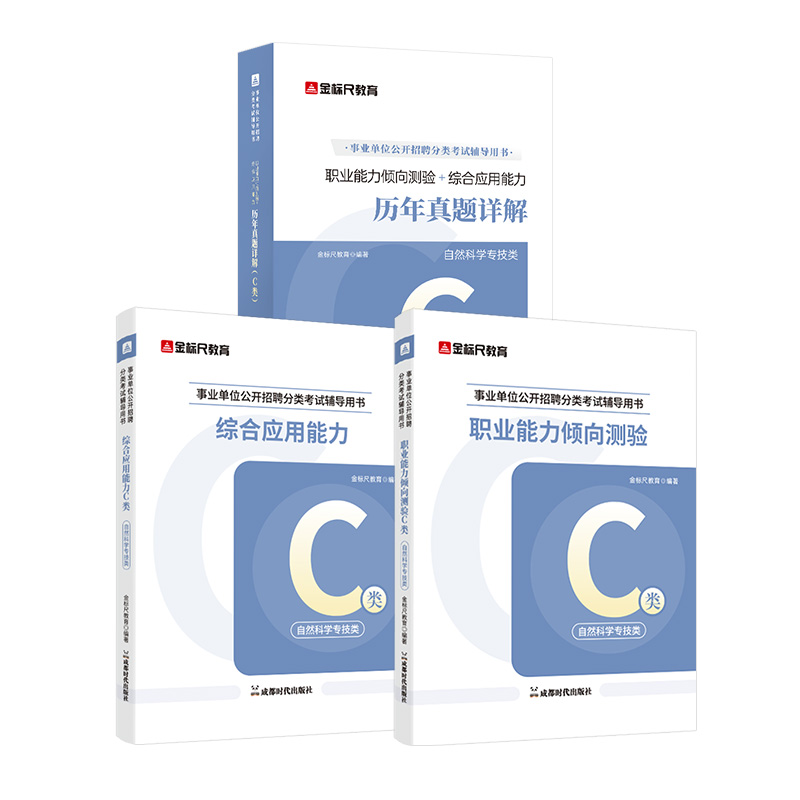
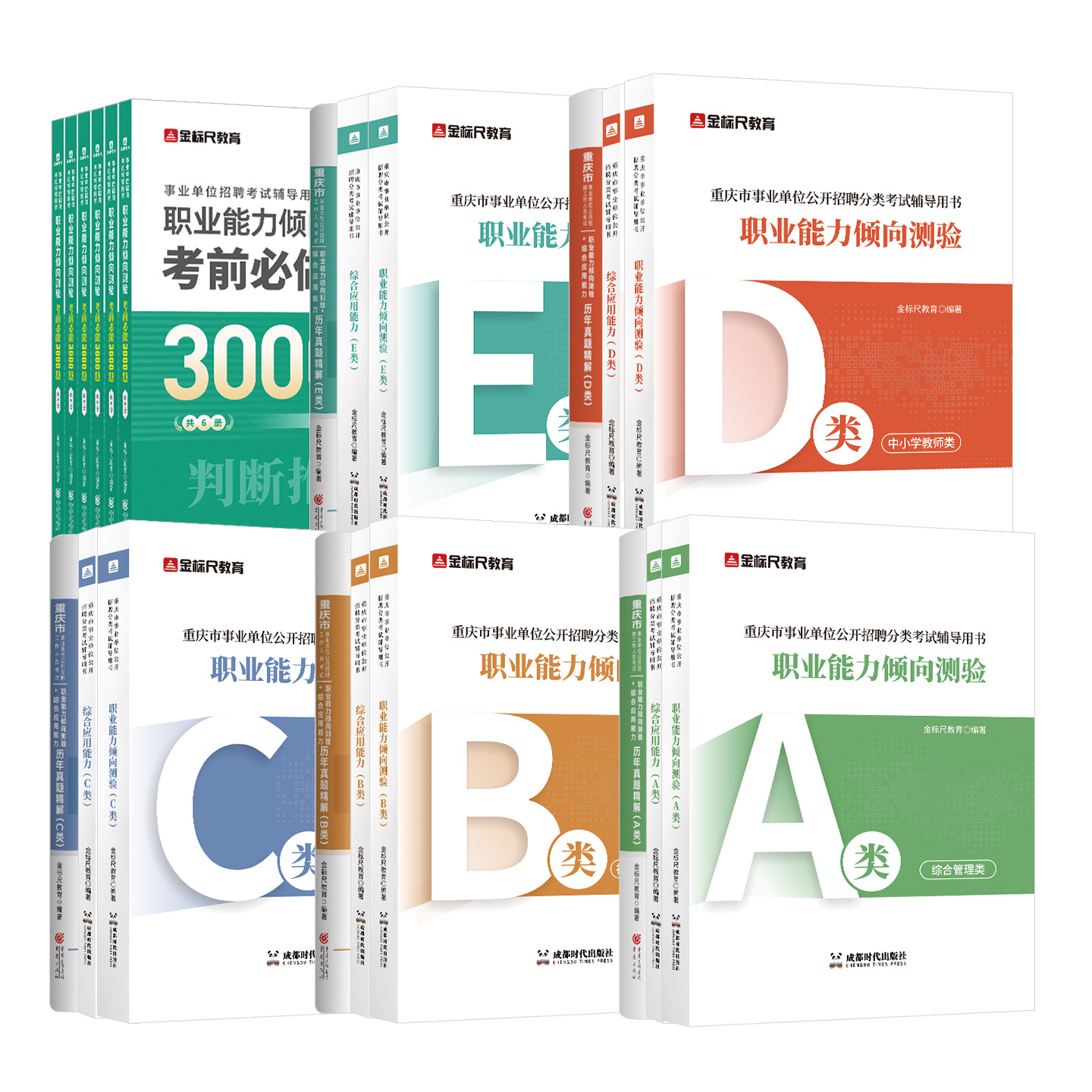
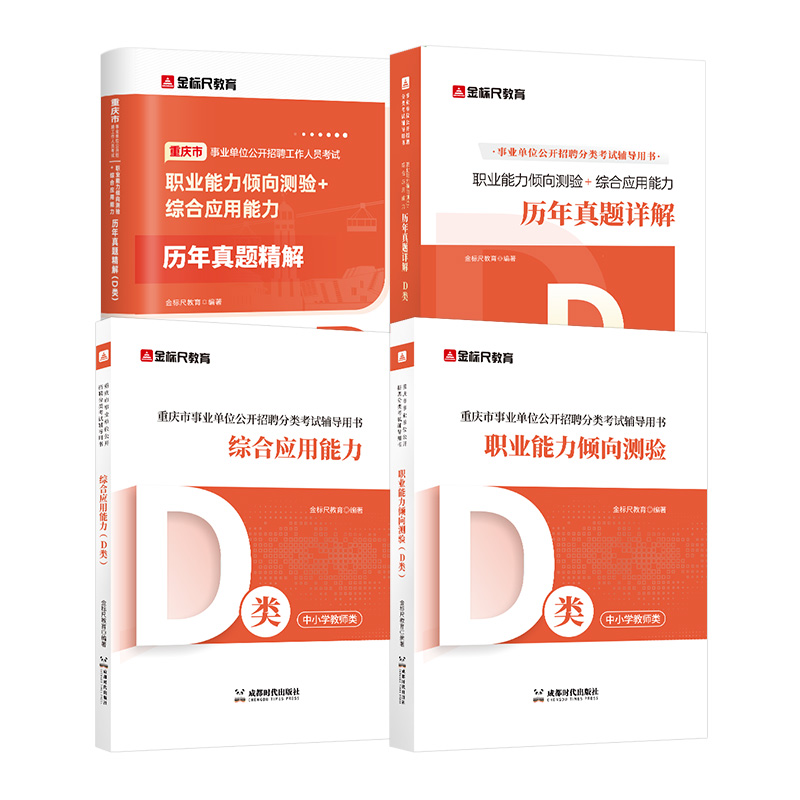
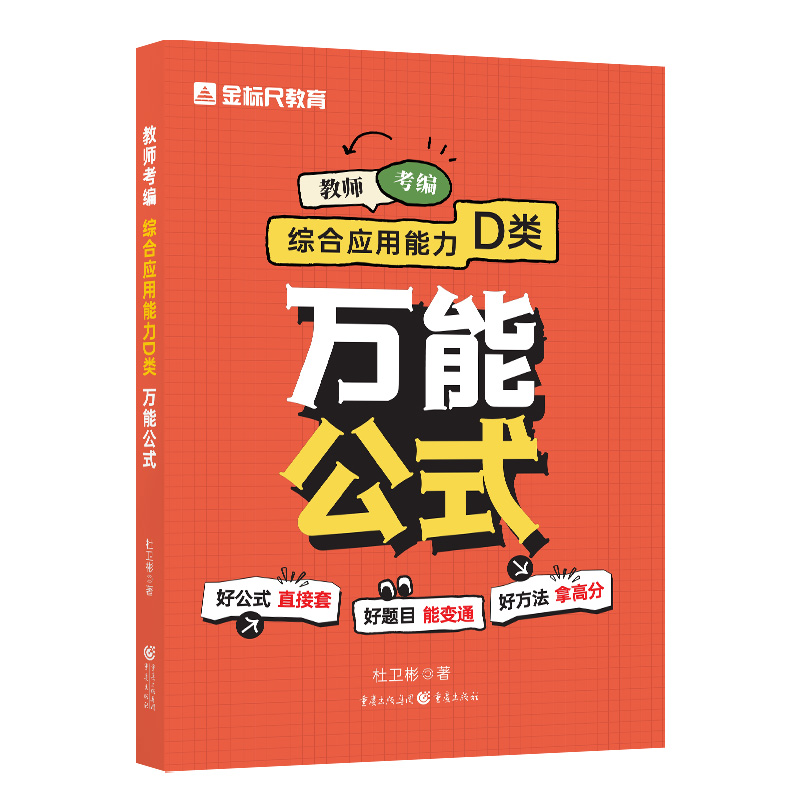



 点击关注
点击关注











